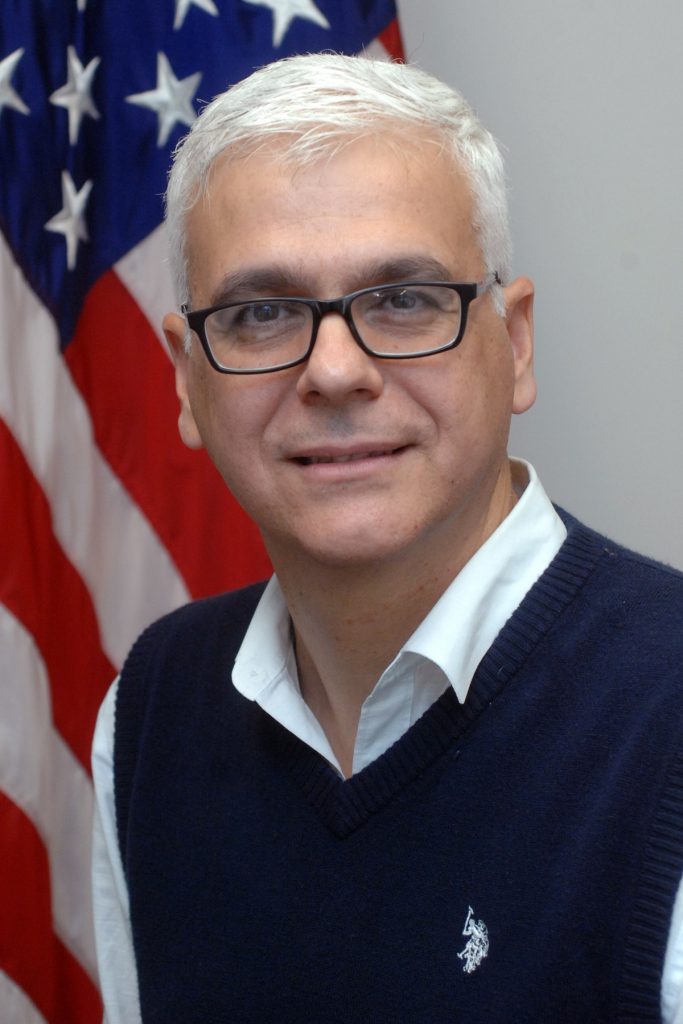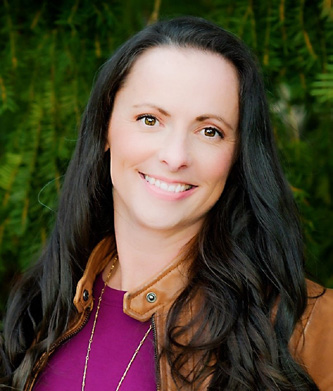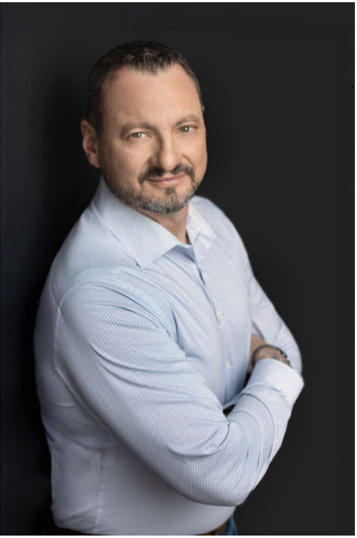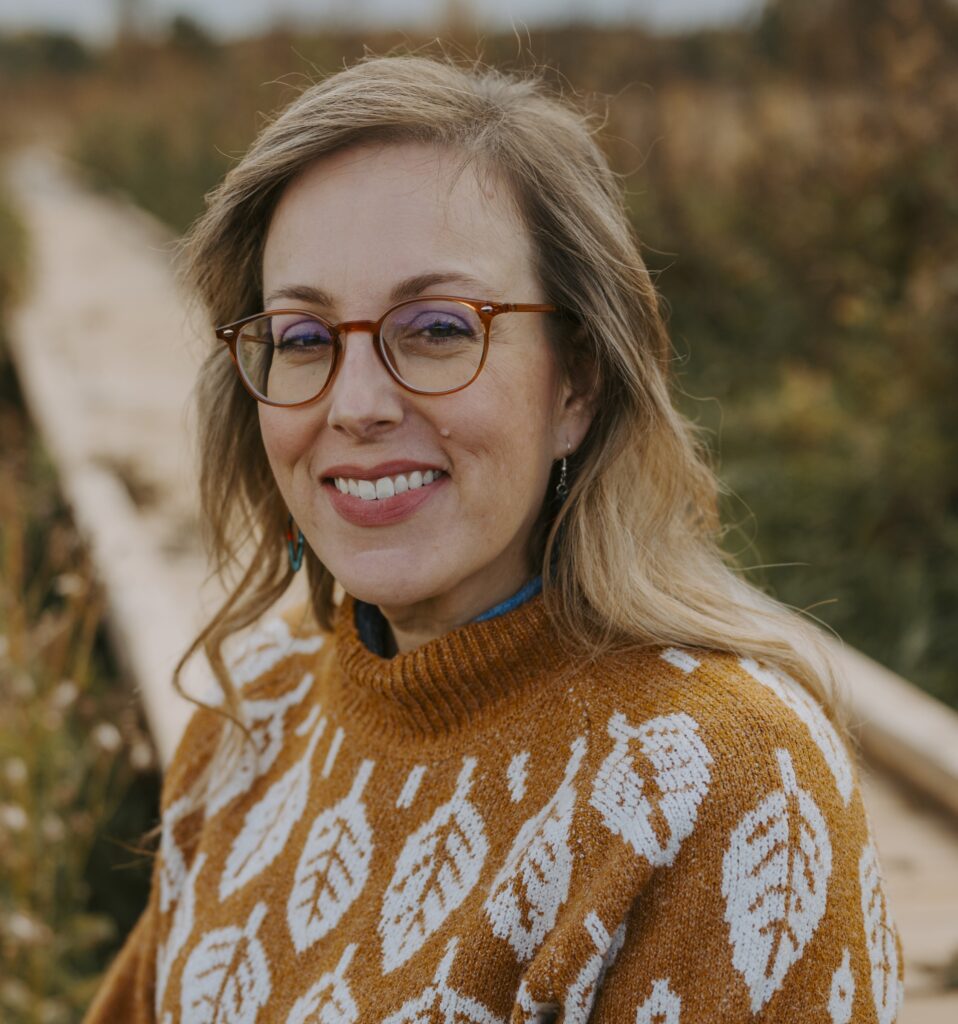Regional Center Hosted Events
The Great Lakes ROTA-RC offers a virtual learning community featuring opioid & other substance use, as well as mental health, treatment, and recovery education events for professionals, para-professionals, volunteers, and students in a variety of fields supporting the Great Lakes community. These virtual learning opportunities will be hosted by Great Lakes ROTA-RC’s Cooperative Extension partners in Region 5, and feature a range of experienced professionals.

Preventing Substance Use Among Young Adults with Disabilities
Individuals with disabilities who experience substance use disorders often face distinct barriers that require tailored strategies to support their recovery. A comprehensive approach should address accessibility, healthcare coordination, social stigma, and individualized treatment options.
Presenter: Humberto Carvalho
Date: Wednesday, July 16, 2025
Time: 11:00 – 12:15 PM CST/ 12:00 – 1:15 PM EST
Location: online webinar
Please contact Amanda Coorough (amanda.coorough@wisc.edu) with any questions

How Humor Helps: Applying Humor With Stress
Let’s face it, stress happens! Infact, recent workforce data says most of us are stressed almost every day when we are on the job. Stress is no laughing matter. Or is it?
Your brain and body can quickly combat cortisol using a resource accessible to all of us: Laughter! This webinar will offer you some strategies to change your challenges to chuckles, and flip your frustrations into funny. By the end of the session you will know how humor helps to manage stress at work.
Presenter: Mallori DeSalle
Date: Thursday, July 31, 2025
Time: 10:00 – 11:15 AM CST/ 11:00 AM – 12:15 PM EST
Location: online webinar
Please contact Amanda Coorough (amanda.coorough@wisc.edu) with any questions


Mental Health First Aid for Military, Veterans & Families
Mental Health First Aid for Military, Veterans, and their Families is an evidence-based and early intervention training program developed for adults to learn how to assist and support members of their community who may be experiencing a mental health or
substance use challenge. This training specifically addresses the relevance of mental health to military culture, information on risk factors such as mental and physical trauma faced by many service members and their families, how to break down stigma and how to reach out to those who suffer in silence and are reluctant to seek help.
Presenter: Mike Blaser and Amanda Coorough
Date: Wednesday, July 30 & Thursday July 31, 2025
Time: 12:30 – 3:00 PM CST/ 1:30 AM – 4:00 PM EST
Location: online webinar
Limited to 30 Rural Participants
Please contact Amanda Coorough (amanda.coorough@wisc.edu) with any questions
About the Presenter
SONYA NORMAN, PhD, is the director of the PTSD Consultation Program for the National Center for PTSD and a Professor of Psychiatry at the University of California San Diego School of Medicine. She is a clinical psychologist and a researcher in the treatment of PTSD and addictions, and novel treatments to address trauma-related guilt, shame, and moral injury. Dr. Norman previously directed a PTSD treatment program for Veterans who served in Iraq and Afghanistan. She has over 230 publications related to PTSD and associated problems and has had grants funded by the U.S. Veterans Affairs (VA), Department of Defense (DoD), and National Institute of Health. She serves as an elected board member for the International Society of Traumatic Stress. She received her PhD from Stanford University.
HUMBERTO CARVALHO, is a seasoned public health professional with extensive experience leading domestic and international initiatives funded by the U.S. government. He holds a Master of Public Health Leadership with a concentration in Epidemiology from the University of North Carolina at Chapel Hill. Over the course of almost 13 years at the Substance Abuse and Mental Health Services Administration (SAMHSA), Humberto played a pivotal role in shaping public health policies and advancing key initiatives to promote mental health and substance use treatment and prevention.
MALLORI DESALLE, is a licensed mental health counselor and trainer of a variety of mental health topics including motivational interviewing and therapeutic humor. As a certified humorist, she helps professionals around the world learn how to listen for opportunities to apply humor. As a facilitator, Mallori offers an empathic ear and an opportunity to apply new information in creative ways. She is the parent of three teenagers, has her own consulting business, and is proud of the nearly 150 flavors of Oreos that she has tried from around the world.
MIKE BLASER, MS-OCL, is the Direct Education Consultant for the Great Lakes ROTA-RC project. He served as a police lieutenant and was active in law enforcement for 25 years. A certified Trauma Instructor for the Mercy Health system in Rock County, WI, he specializes in tactics, leadership, stress management and crisis intervention.
AMANDA COOROUGH, MSSA, is the regional project manager of the Great Lakes ROTA-RC grant for HHS Region 5. She served as a social worker in mental health with children, youth and families in community settings for 21 years before joining UW-Madison Extension as an educator in health & well-being and human development. She currently serves as an Extension Specialist, supporting program delivery and curriculum development.





